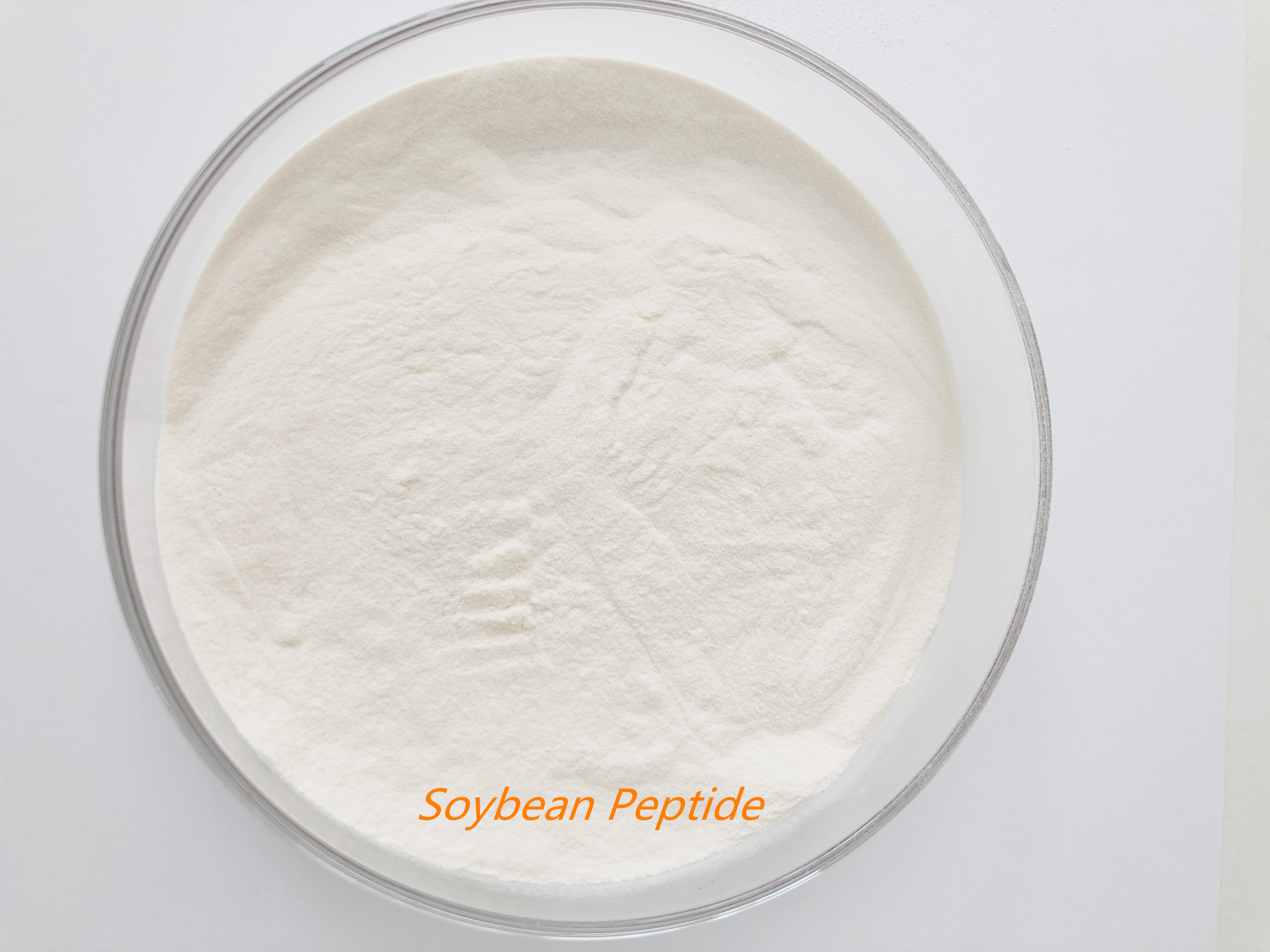Peptides are organic compounds in which two or more amino acids are linked by peptide bonds. Nearly 70% of the body's absorption of protein is in the form of peptides, and a small portion is in the form of free amino acids. Peptides are structural and functional fragments that make up proteins. They are made up of two or more amino acid molecules that are condensed with each other. They are intermediate substances between amino acids and proteins, and they are the active genes that act on proteins. They are the basic substances that constitute life. Peptides with less than ten amino acids are called oligopeptides, also called small peptides; peptides with more than ten amino acids are called peptides.
What is a small peptide?
Peptides are small molecules, so long as they are peptides, they all belong to small molecules. "Small peptides" are merely a term that distinguishes between peptides and macromolecules, and do not specifically refer to a peptide. Peptides can be called oligopeptides (small peptides) or polypeptides by their number of amino acids. Small peptides are small peptides. Polypeptides are also small peptides. It is not meaningful to over-entangle what is a small peptide.

After the human body takes peptides, the emphasis should be on how much body conditioning it can exert, rather than focusing excessively on its molecular weight. Of course, some people think that the smaller the molecular weight is, the higher the degree of absorption will be, and the higher the degree of absorption, the more absorption and utilization will be, and more absorption and more use will have better results. However, as everyone knows, for peptides that are already small molecules, the degree of absorption and utilization is already very high, and excessive demands for them to have higher absorption and utilization have no practical significance.
The smaller the molecular weight of the protein peptide product, the stronger the effect will be.
Based on the high absorption and utilization of peptides, there is no absolute relationship between the efficacy of peptides and the molecular weight. The role of peptides is related to their constituent amino acid sequences. Peptides composed of different amino acid sequences have different roles. For peptides with improved memory, one of them has an amino acid sequence of Trp-Ser-Arg-Glu-Glu-Gln-Glu-Arg-Glu-Glu, which is composed of 10 amino acids and has a molecular weight of 1,000 Da or more. If the peptide chain of a product is below 1000 Da, then this product will no longer contain this peptide chain with improved memory, and the product's effect on improving memory will be weakened or lost.





